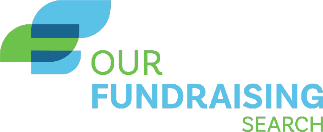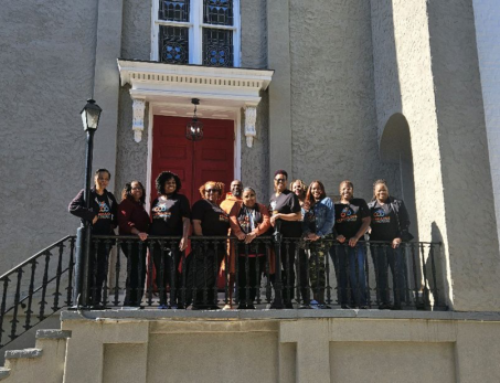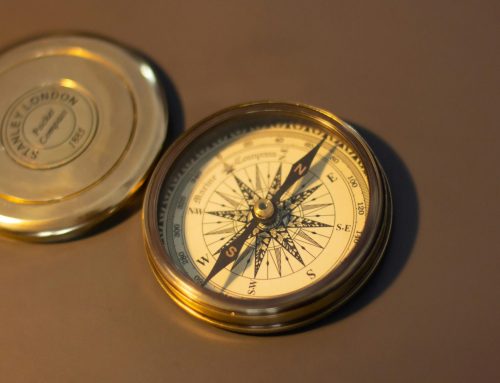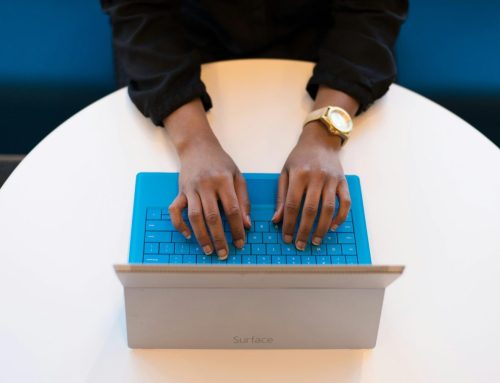Our development search business is thriving these days. In these post-Covid times nonprofits are frantically trying to replace and add qualified staff at an unprecedented rate. One of the things clients want us to ferret out is how willing candidates are to solicit major gifts. First, we have to define what makes a “major” gift. There is no right or wrong answer. Every nonprofit is different.
A top category of giving can be calculated by running a list of all donors in decreasing order and then see where the breaks in gift amounts are. We should always be trying to upgrade donors and move them up the range-of-gifts chart.
If an individual or organization has been giving the same amount for 3 years or more, they should definitely be asked for an increase in their next solicitation.
Every major gift prospect deserves their own strategy. And each one could be different than the others. We are always seeking to have the right person ask the right prospect for the right amount of money for the right project at just the right time. It is a bit like game pieces on a game board. We want to find the best solicitor, the one to whom the prospect cannot say “no.”
In my interviews, I usually ask the candidate to tell me about the largest gift they have ever gotten. That shows me if they take all the credit for themselves and if they are confident with asking for gifts that might be considered major by our client.
I ask candidates how much money they have been responsible for raising. If you are not tracking that figure, it is a helpful total to keep up with.
I also ask candidates to tell me about the first gift they ever got. The first gift I ever got was early in my career at my college. My boss asked me to visit a parent and ask him for a major gift for our institution. I was terrified and my boss offered to go with me. I knew if he did, the prospect wouldn’t look at or talk to me. So, I made up my mind to do it on my own.
I set the appointment a few days out. I drove 3 hours one way. Once in the office, I was surprised to find a couple of rocking chairs in front of the prospect’s desk. I sat down and rocked so fast the entire 30 minutes I was there. I am sure it was distracting for this man to look at me, and I am sure he knew how nervous I was.
I told this gentleman about how we were trying to raise $10,000 from parents this year and we could surely use his help. I am not really sure I got the right words out for a real “ask.” He helped me out, though, and offered to give $5,000 as a challenge if I could raise the other $5,000 from others. I was so thrilled! I nearly floated out of the office and drove 3 hours back to my office. I had raised my first major gift and there was no going back.
Ailena’s first individual major gift ask came years after a nonprofit career in managing major fundraising events with massive corporate partners. But asking a corporate community relations manager for a disbursement of their corporate budget, no matter how large, is a completely different thing than asking an individual to consider a gift from their personal funds. For her first, she picked a sweet couple with a loyal history of giving, and with whom she’d built a good relationship. While still nerve-wracking, she was confident the answer would be “yes” (at least to some version of the ask) and gave her a win to build upon going forward.
Dave’s first major gift solicitation came while he was on the board of directors for Callanwolde Art Center. At the time he was a young, up-and-coming leader at Delta Air Lines, and agreed to solicit the company for a corporate sponsorship of Callanwolde’s now, highly successful, Jazz on the Lawn series. Asking your employer for a major gift is not without a certain amount of career risk. Because corporate philanthropy is a form of advertising, the ask needed to focus on how the sponsorship would benefit the corporate brand.
This was in the early days of the internet, and far less demographic information was available online in those days. Moreover, Callanwolde did not have deep data on the subscribers for the program. On a whim, he contacted the DeKalb County Tax Office to see what information he could access about the tax rolls in neighborhoods adjacent to Callanwolde. A helpful clerk was able to provide enough information to enable Dave to paint a detailed picture of who the likely attendees for the Jazz series would be, and what their likely leisure spend budgets were. The case for support was compelling enough for Delta to become one of the very first, $10,000 corporate sponsors for the fledgling concert series.
Like anything, asking for money gets easier. Dave likes to describe fundraising as the world’s most esoteric form of sales. Rather than selling a product or service, we sell a relationship with an organization and its mission. Like anything, with practice comes improvement, and fundraisers become better over time.






Leave A Comment
You must be logged in to post a comment.